Witham Group features in Classics Monthly

We’re delighted to see our products recommended in the February Classics
Monthly car magazine. The article, focused on general workshop lubrication and cleaning, looks at oil spills and cleaning solutions, as well as helpful suggestions for easing rusted parts, and keeping tools and working components maintained.
With recommendations for our Citrusol Fast Acting Cleaner, Penetrating Oils, Multi-ease sprays and award-winning Prolan Anti-Sieze Grease, read the full article below…

General Maintenance and Cleaning Up
In the final instalment of our maintenance and servicing guide, we look at lubrication and degreasing when it comes to general maintenance and cleaning.
Words and photography: Rob Hawkins
Grease and oil can be your friend or your enemy when it comes to classic cars. They are needed to keep parts moving freely, but when mixed with dirt they can form a paste that destroys components, and when applied to the wrong parts (such as brake discs) can potentially have catastrophic consequences. Sometimes it can seem like a constant battle to keep certain parts clean and other parts lubricated!
It’s perhaps fair to say that the main aim of grease (or any maintenance lubricant) is to keep a component moving freely, but there’s more to this subject and you have to know your products. Take the slider pins used in many single-piston brake calipers from the 1980s onwards, for example. If these pins are fitted through rubber inserts, then lubricating them with a thick copper grease may cause them to become clogged up and stuck, while using a low-meltingpoint grease may see the grease run out onto the brake disc.
More of this later, but perhaps the first point to discuss is the common types of grease and lubricants, and how and where they should be used. One found in virtually all garages is an all-rounder such as WD40, Qualube Multi-Ease Lubricant or GT85. These are a thin liquid, often supplied in an aerosol can, and seem to be able to do a multitude of tasks such as dispersing moisture from damp HT leads and electrical connections, loosening rusty or seized fastenings, dissolving dirt or grime and
lubricating moving parts.
One of the most useful aspects of those all-rounders is their ability to undo stubborn or corroded fastenings, but there are also a range of products dedicated to this job alone. These are penetrating oils such as Qualube Graphite Penetrating Oil, which is available in an aerosol can. It contains micronized graphite particles, which can work their way into a fastening and should help prevent subsequent seizing of mechanical parts, even when they are exposed to high temperatures.
Prevention is always better than cure though, so whilst it’s useful to know what to use when a fastening seizes or electrical contacts are damp, it’s also worth knowing how to avoid such problems. In many cases, applying a lubricant or some form of protection is the answer. Where nuts, bolts and similar fastenings may need to be undone in the near or distant future, protecting them in a coating of some form of grease or something similar will usually help. Providing it cannot be physically removed and isn’t at risk of being washed off, then a coating of copper grease or even multipurpose grease can often help. Alternatively, Prolan Anti-Seize Grease is a suitable protective product that is biodegradable and has been proven to last up to 30 years. It’s ideal for protecting fastenings, but can also be applied to battery terminals.
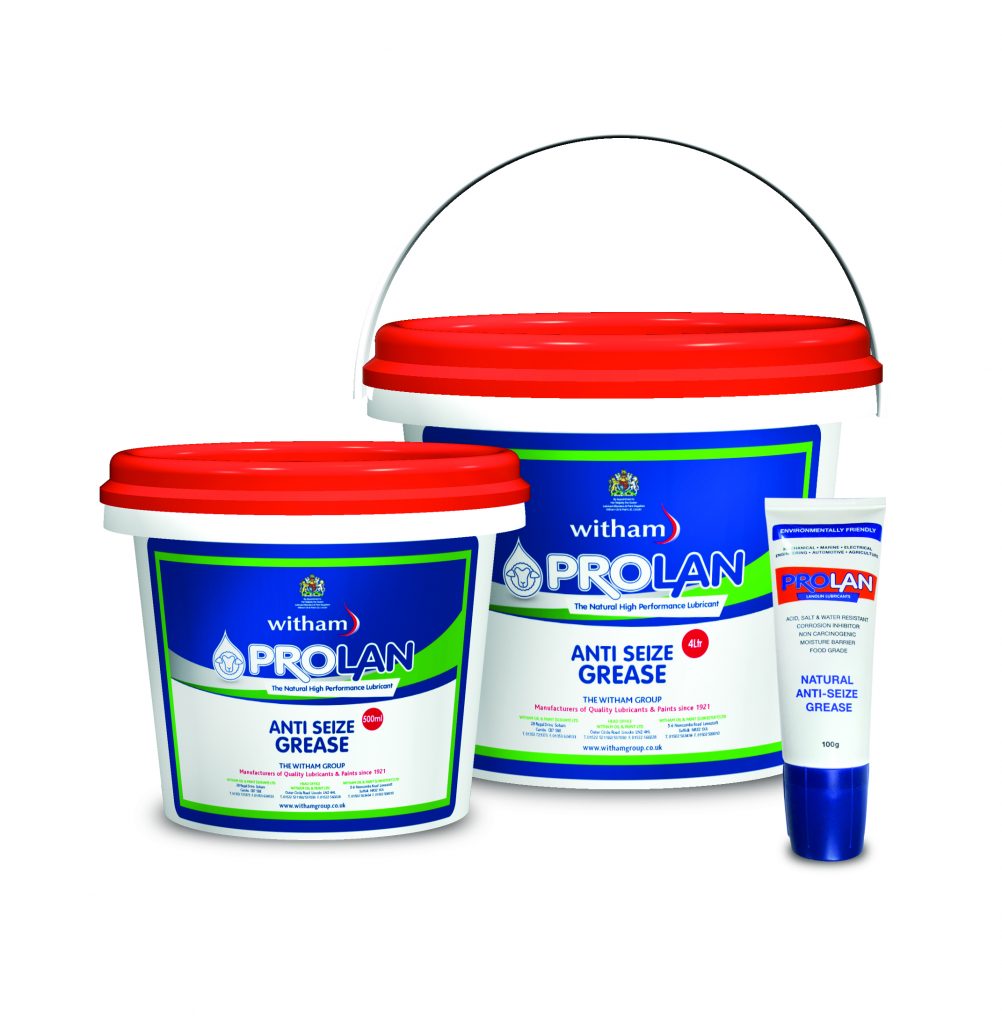
There are several general purpose maintenance lubricants that can raise questions concerning longevity and potential problems. Silicone based lubricants for instance are useful for avoiding the risk of clogging up a moving component as the liquid lubricant is thin, so there’s less moving part becomes choked. It can be useful for applying inside a door lock, a
bonnet release mechanism or a hinge. However, some owners don’t like this because it’s difficult to clean off exterior paintwork and trim. Should these areas need to be resprayed, then silicone in grease and silicone-based cleaners can react with fresh paint. So a light spray grease, such as a general white grease, is often a more popular choice for those door locks, hinges and release mechanisms. This is similar to the traditional 3-in-1 oil, but is a little thicker, and because it’s white, you can see where it has been applied.
Dedicated grease
There are a number of specific greases that can be applied to particular components and materials. Rubber grease (red in colour) is useful for keeping rubber seals and Applying a tiny smear of rubber grease to a rubber seal on the fuel filler cap for instance will help prevent it drying out and turning brittle. It may also help where stainless steel slider pins are fitted through rubber guides on brake calipers.
Brake grease has replaced traditional copper grease on many modern cars and emerging classics when applying it to the backs and edges of brake pads. The thinking behind using a non-metal-based grease is to avoid problems should the grease contaminate electrical sensors such as a wheel speed sensor for the ABS or a low brake pad warning sensor. It’s a valid point, but typically this means brake grease is much more expensive than copper grease, yet it seems to merely be a high melting-point grease that won’t turn runny under heat generated from heavy braking.
Cleaning up
The flipside to grease is surely the need to clean it up, whether it’s coating the exterior of a sump pan, clogging up the thread of a bolt or the risk of contaminating a component.
And there are also aspects that are not part of a car, but which need cleaning, ranging from your hands and clothes to the garage floor. A dedicated degreaser is often a worthwhile investment for breaking down grease. Qualube Solvent Degreaser is one example, and as the product information explains, it’s not solely suitable for automotive applications, stating: ‘Qualube Degreaser is a solvent-based cleaning fluid that is used neat to rapidly dissolve oil, grease, fats and other deposits which bind dirt particles on surfaces. It can be applied by brush, dipping or low-pressure spray and can easily be removed with water by a pressure washer or hosepipe.’ The product information continues to say that it is used in commercial workshops and is a cost effective multi-purpose cleaning fluid with a proven track record. It costs from £14.72 for five litres.
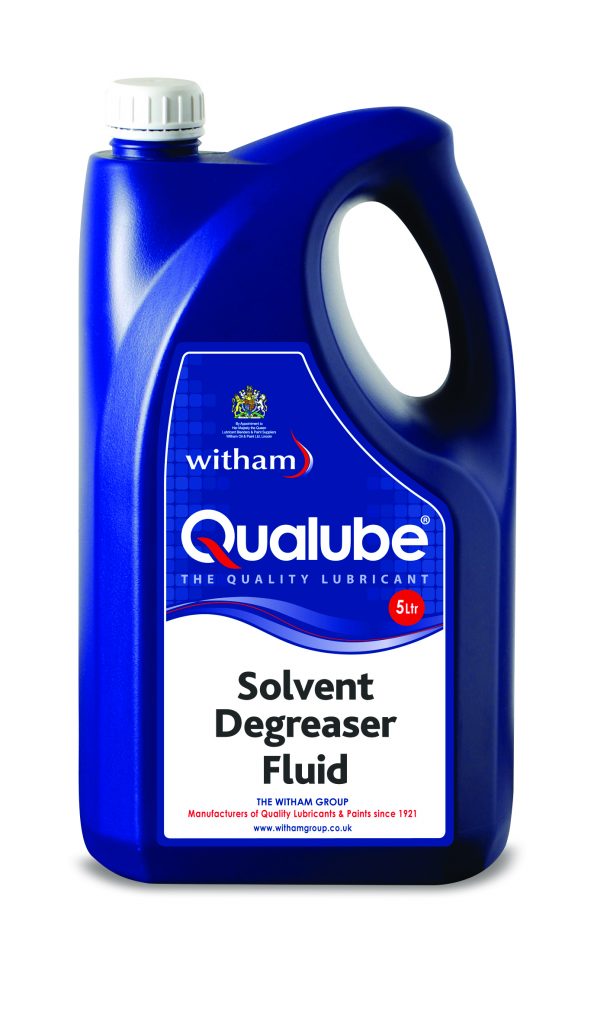
Another type of degreaser is a citrus based product. Squeezing lemons over
your engine won’t quite work in the same way, and works out a lot more expensive than spending £27.66 on five litres of, for example, Qualube Citrusol. This fast-acting cleaner is suitable for removing a range of oils and greases, but is also widely used within the food industry. It can be applied to a variety of work surfaces (stainless steel, vinyl) and floors (concrete, plastic, anti-slip).
Many people don’t use a degreaser to remove oil and grease, but a readily
available product such as petrol or paraffin. This can be effective and may be cheaper, but could leave a residue. Brake, clutch Applying a dedicated red rubber grease to rubber seals can help to keep them supple. Solvent Degreaser is a solvent-based cleaning fluid that is used neat to rapidly dissolve oil, grease, fats and other deposits.
In some cases, especially if there’s a large amount of grease or oil to remove, it may be easier to find some means of mopping it up. A bag of sand, for example, can absorb a pool of oil whether it’s fresh or has accumulated over several years.
Products such as absorbent granules and paper roll wipes are designed to be more effective and are often similarly priced to an equivalent bag of sand – Qualube Absorbent Granules cost £6.94 for 20 litres.
Keeping yourself clean and clear of oil and grease is just as important. Work gloves, disposable gloves and barrier creams can help to protect your skin, which is essential to avoid irritation and potential skin problems. Should you need to clean your hands, then a nail brush and neat washing-up liquid may be the cheapest answer, but it can lead to problems, so invest in something that helps condition the skin and restore it, or apply something afterwards. QualKleen heavy-duty hand cleaner for instance contains natural orange oil, pumice and esters. It’s designed to remove oil, grease, paint, ink, tar and typical dirt and grime. The pumice and esters help with cleaning, whereas the orange oil is for a fragrant smell.
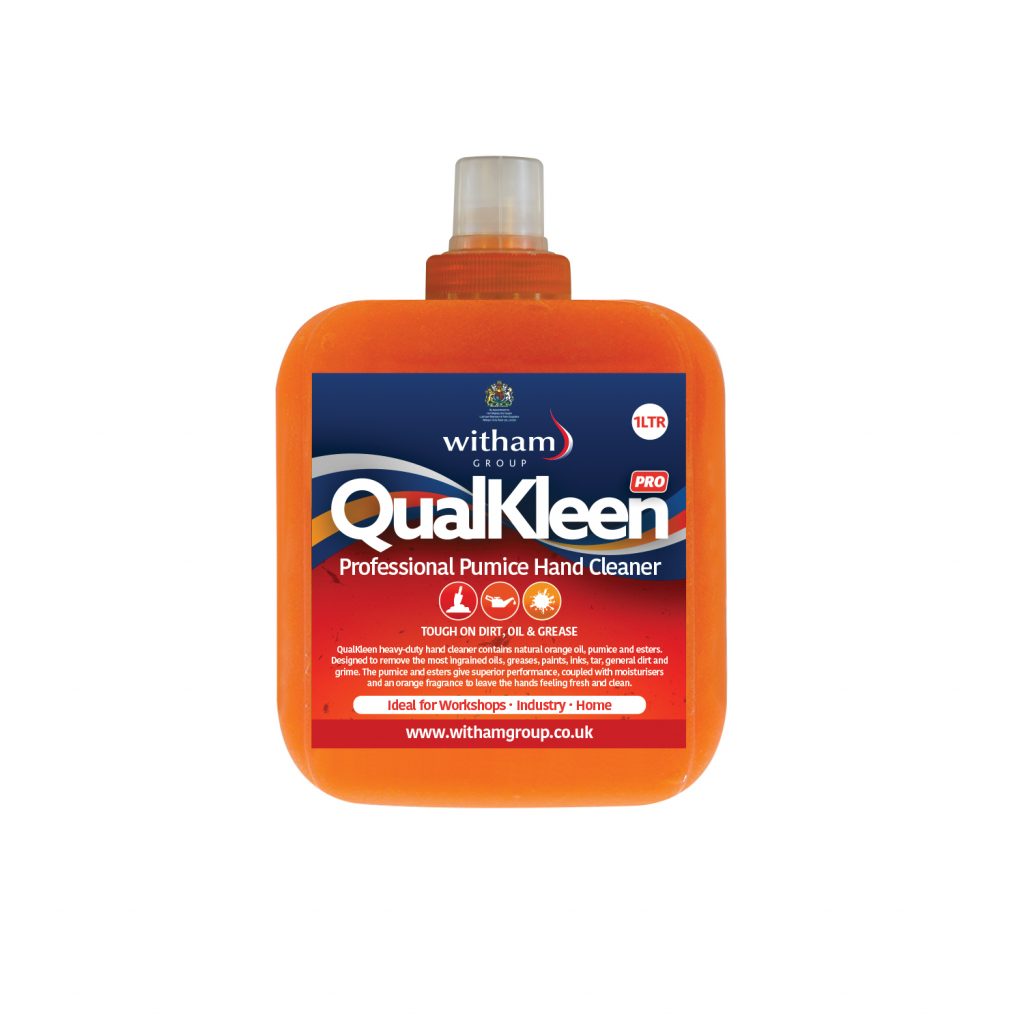
Keeping your clothes clear of oil and grease is possibly the biggest challenge
that many of us concede to failing at. Wearing overalls or clothing that is past its best is the easiest solution, instead of trying to remain spotlessly clean, which as we all know is impossible to achieve when working on a classic car.
Shop our full range of Workshop & Cleaning products here.

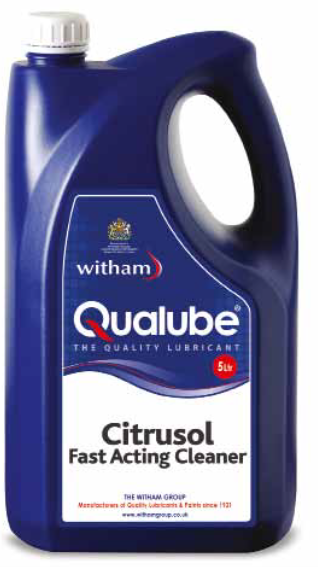
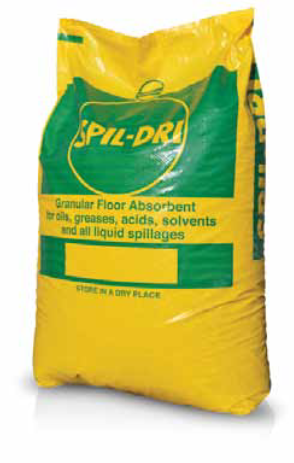


Leave a Reply